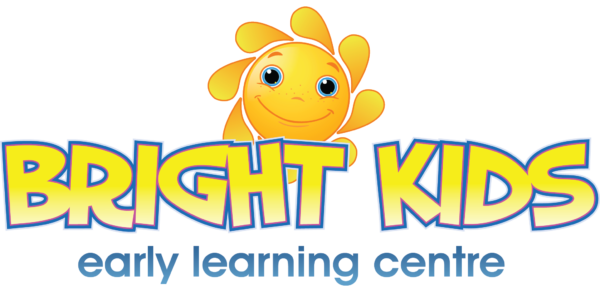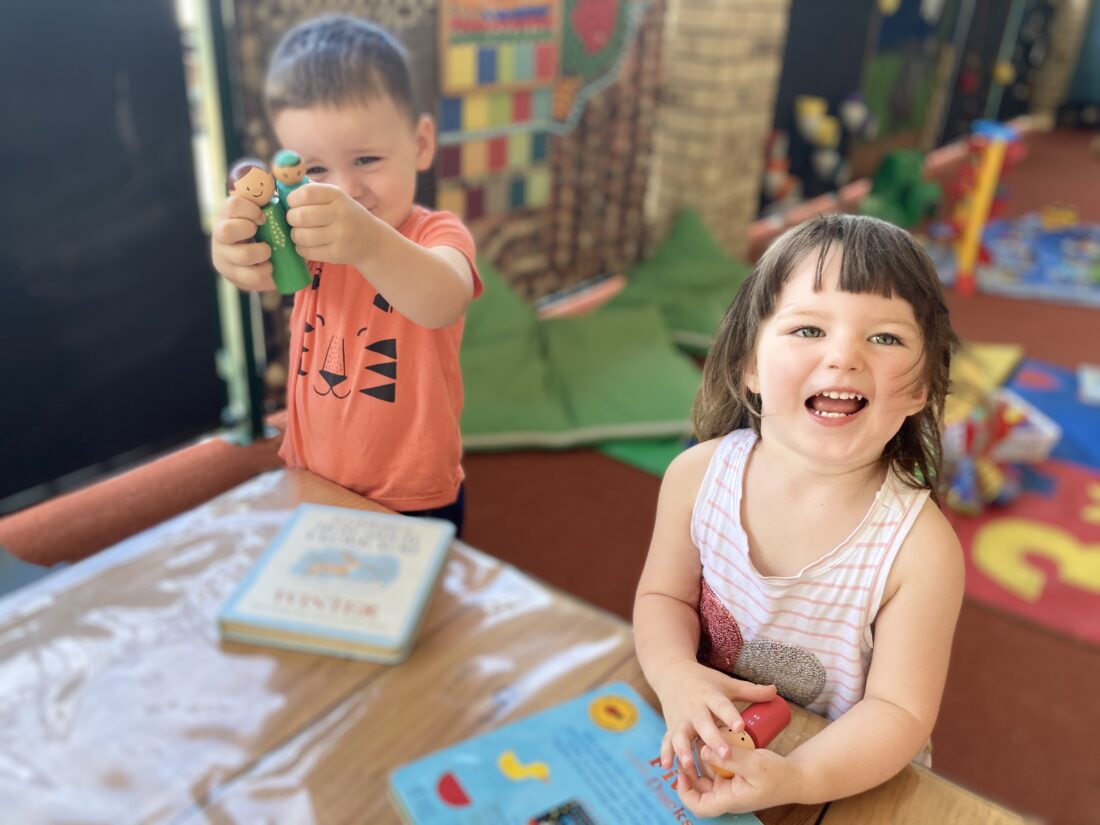Growing up in Dolphins (Gowong) room
Here we are nearing the end of 2020 with 6 weeks to go until the big guy in red makes his grand appearance.
This year has been an amazing journey with unforeseen circumstances which has given us opportunities to extend out teaching in this room.
With the covid crisis, it gave us the opportunity to teach hygiene on a much grander scale; personal space and how to flow and accept change.
This will be our final blog for Dolphins for 2020. We have thoroughly enjoyed nurturing and playing an important role in your child’s development.
These are the areas of development that we focused on this year ;
- Developing resilience in toddlers; Teaching and role modelling Emotional intelligence; Self-help skills and life skills; Group outcomes and project work and Embedding culture with our indigenous program
Understanding emotions is one thing, knowing how to navigate them and regulate them is a skill.
Teaching Resilience is one of our core programs. We start with building a strong emotional connection and cover the following areas:
- Promote healthy risk taking;
- Resist the urge to fix it;
- Teach problem solving skills;
- Label Emotions;
- Demonstrate coping skills;
- Promote the positive of the situation;
- Model resilience; and
- Venture outside to change the environment.
Fostering children’s Emotional Intelligence comes in many forms from the following set activities:
- Mindfulness meditation and breathwork;
- Sensory bottles; created by the children;
- Releasing emotions with Mindfulness thought jar; and
- Daily Growth Mindset rhyme.
- Information on these particular activities can be found in previous blogs.
Emotional intelligence refers to someone’s ability to recognise, understand and manage their emotions.
People with good emotional intelligence have strong self-awareness. They can articulate and regulate their feelings, with intentionality and calmness. They understand how their emotions effect their behaviour choices and how emotions can cloud judgement, especially in stressful situations.
This is why it is vital to start helping children to develop these skills from such a young age and help guide them through to adulthood.
Group Outcomes & Project Work
Project work is an approach where a topic may be child or teacher-initiated and involve a group of children. This gives us the opportunity to work towards group outcomes.
In the toddler’s room most of our project work is short term, lasting approximately a few days as to ensure all children across the week have the opportunity to participate.
Often with our project approach there is an emphasis on the creation of a specific outcome that might take the form of a display or a verbal understanding which can continue to be revisited by both educators and children.
The project approach provides opportunities for children to take agency of their own learning and represent this learning through the construction of personally meaningful artefacts.
If facilitated effectively, possible learning characteristics may include: active, collaborative, learner-focused, responsive, scaffolded, playful, language-rich opportunities.
Embedding Our Culture
“Jingeri” is how we start our morning, followed by reciting “Acknowledgment Of Country”. The children know this off by heart now and will often recite it at home.
Bright kids ELC are advocates for “Empowering our youth” which is why we initiated this indigeneous inspired program.
We have been fortunate enough to have the opportunity to welcome Uncle Allen into our Bright kids community and family.
Who is Uncle Allen you wonder? Great question! …..Uncle Allen is a Minjungbal (Tweed River)/ Mininjali (Logan/Beaudesert) Traditional Custodian and Elder of the Yugambeh Language group, Bundjalung Nation. We have been working closely with Uncle Allen to educate our children about our Indigenous culture.
Uncle Allen visits the children regularly teaching them the ways of the aboriginal people. He collaborates with us to expand and develop the children’s cultural knowledge and learning, until his next visit.
We hope our blogs have been helpful in some way. We are happy to receive requests if there is something you would like more information on.
Just leave us a comment and we’ll make it a priority next year.
Until then, that’s all from Miss Tarsh, Miss Lauren and the Gwongs.
Merry Christmas and stay safe.
Also please follow our Facebook and Instagram Pages and stay up to date


